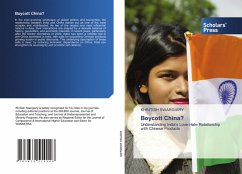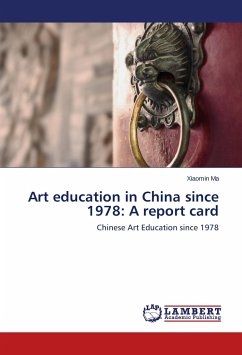In the ever-evolving landscape of global politics and economics, the relationship between India and China stands out as one of the most complex and multifaceted. As two of the largest and most influential nations in Asia, their interactions are shaped by a delicate balance of history, geopolitics, and economic interests. In recent years, particularly after the border skirmishes of 2020, there has been a notable rise in anti-China sentiment in India, with calls for boycotting Chinese products growing louder in public discourse. The underlying assumption of these calls is clear: by reducing economic dependence on China, India can strengthen its sovereignty and promote self-reliance.
Bitte wählen Sie Ihr Anliegen aus.
Rechnungen
Retourenschein anfordern
Bestellstatus
Storno








